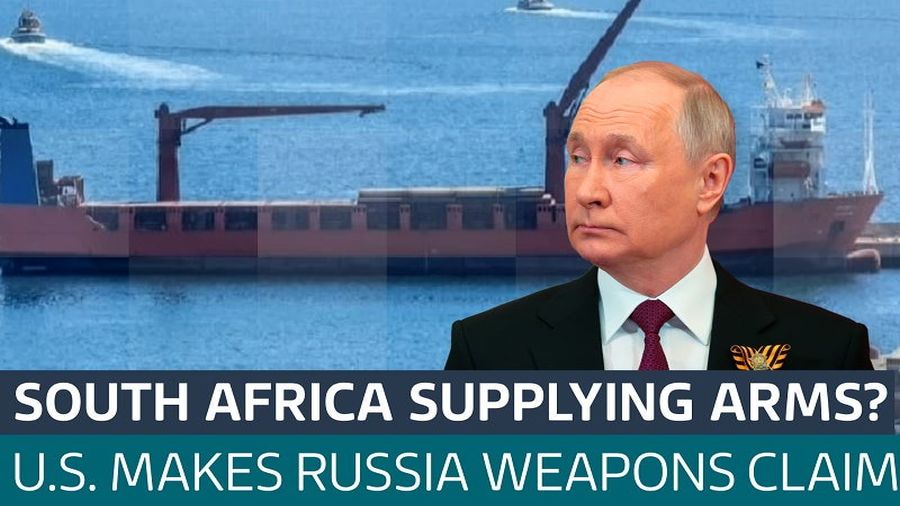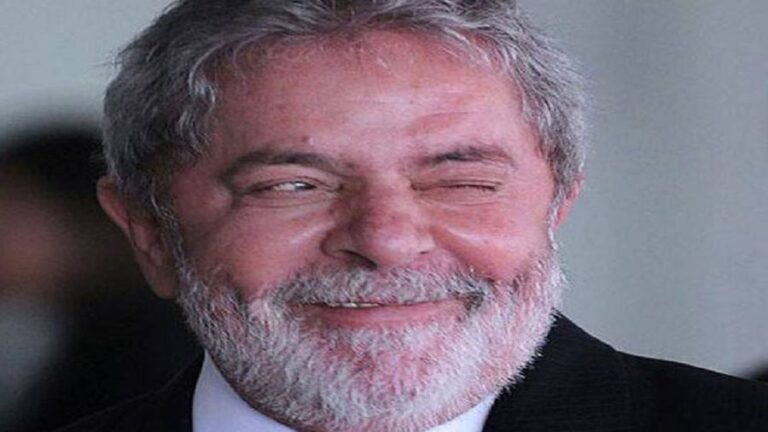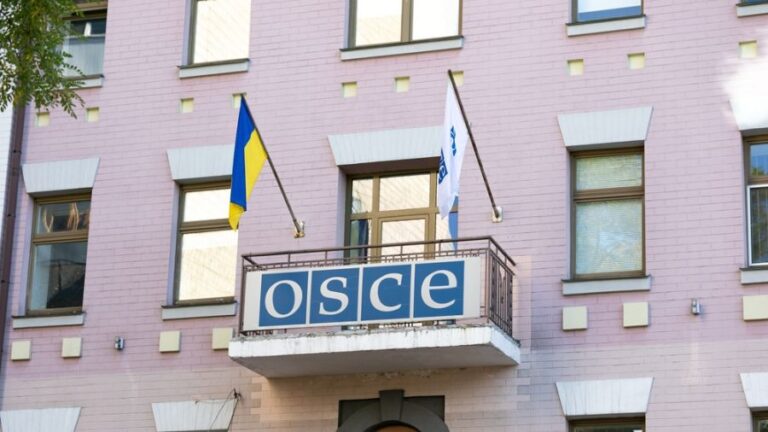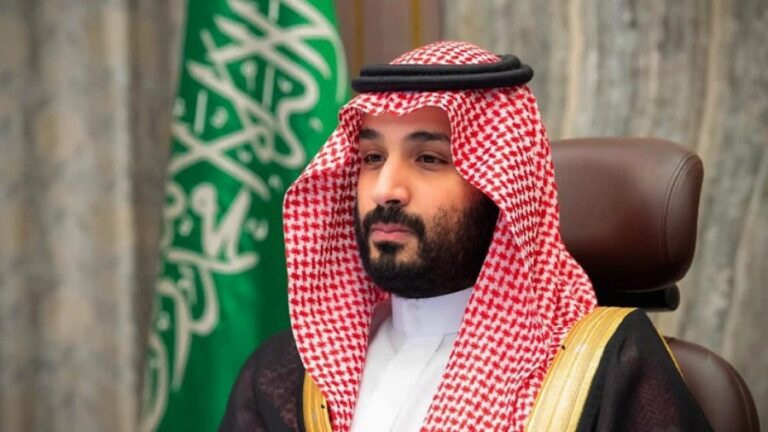The US Is Forcing South Africa to Take Sides in the New Cold War
The US Ambassador’s allegations about South Africa arming Russia can be interpreted as a pivotal development in that targeted state’s balancing act between those two rivals.
US Ambassador to South Africa Reuben Brigety II told local media on Thursday that “We are confident that weapons were loaded onto [Russia’s sanctioned Lady R last December], and I would bet my life on the accuracy on that assertion.” This prompted President Cyril Ramaphosa’s office to issue a statement about how the issue had hitherto been discussed behind closed doors, no evidence was shared to back up the Ambassador’s claim, but that an investigation is still being conducted to establish the truth.
The context in which this scandal is unfolding concerns the pressure that the US is placing on South Africa to comply with the “International Criminal Court’s” (ICC) arrest warrant against President Putin. It wants to prevent his in-person appearance at this August’s BRICS summit in that country, which would thus impede that organization’s goal of accelerating financial multipolarity, though the authorities are considering a legal workaround to grant heads of state diplomatic immunity from the ICC.
There might not be enough time to push that proposal through, however, but it ultimately remains to be seen what will happen. In any case, the US appears to have concluded that South Africa has the political will to do whatever’s required to ensure President Putin’s in-person appearance at this summer’s event, which explains why its ambassador decided to drop his bombshell at this particular time. The purpose behind this provocation is to apply further pressure upon that country and smear its reputation.
This interpretation is based on Brigety bellowing that “The arming of the Russians is extremely serious, and we do not consider this issue to be resolved, and we would like SA to [begin] practicing its non-alignment policy.” He’s employing diplomatic language that equates to accusing South Africa of lying about its publicly proclaimed neutrality towards the NATO-Russian proxy war by allegedly arming Moscow, which is intended to portray it as an untrustworthy partner.
The US’ top diplomat in South Africa doesn’t want his host country to truly practice non-alignment, however, since the whole point behind this pressure campaign is to get it to drift closer towards the West’s side in the New Cold War by first preventing President Putin from attending August’s summit. Should this influence operation succeed, then then next step would be to get South Africa to comply with the West’s anti-Russian economic sanctions after it had already complied with the ICC’s warrant.
In the event that legal workarounds are successfully implemented in order to ensure President Putin’s attendance at this August’s summit, however, then the US will intensify its information warfare campaign against South Africa by building upon Brigety’s accusation to push weaponized conspiracy theories. They’ll likely take the form of alleging some shadowy corruption network between those two countries, potentially including claims that Russia is secretly financing South Africa’s ruling party.
There’s no way that the US will ever forgive South Africa if it hosts President Putin later this year, hence why observers should expect that it would then commence a rolling regime change operation against the authorities as revenge. That country is slated to hold general elections next year so there’s more than enough time for the US to meddle in its democratic process through a combination of information warfare, organizing an incipient Color Revolution, and other such provocations.
Viewed from this perspective, the US Ambassador’s allegations about South Africa arming Russia can be interpreted as a pivotal development in that targeted state’s balancing act between those two rivals. It’s being forced to either comply with the US’ demands or openly defy them, the first choice of which could be rewarded by the US declining to pursue regime change against the ruling party ahead of next year’s general elections, while the second would result in that operation being commenced as revenge.
The geostrategic stakes are enormous since South Africa is a member of BRICS, thus meaning that its decision whether to legally facilitate President Putin’s in-person attendance at this August’s summit will determine whether their organization is truly independent of the West or not. The US fears its members’ shared goal of accelerating financial multipolarity, hence why it’s pulling out all the stops to impede their group’s related efforts through the intensification of its pressure campaign against this year’s host.







